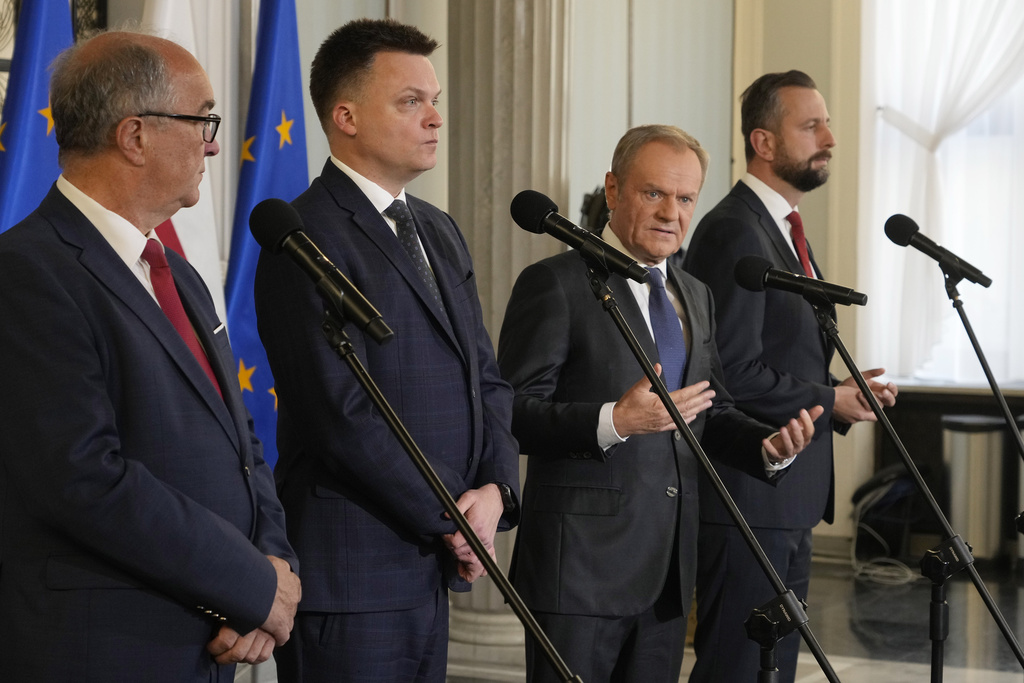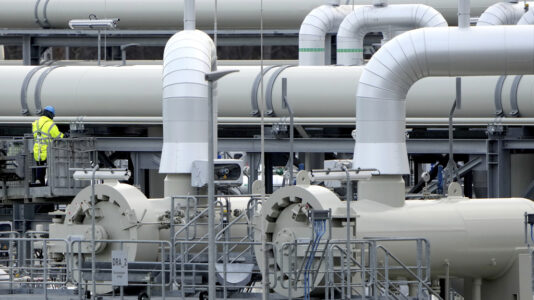The anticipated grand victory for the ruling coalition turned out to be anything but grand.
The Law and Justice (PiS) party, deprived of all the stimulants to which it supposedly owed its popularity (from buying Poles with electoral promises to the “terrible” TVP propaganda), was expected to retreat into obscurity. This was to be accompanied by a sweeping witch hunt in the form of new parliamentary committees aimed at depoliticizing the country.
They were not expected to last, and even those who are still present like President Duda and NBP head Glapiński, were not expected to last for long. Particularly since the PiS members who have lost their grip on power, as is typical for opportunists without firm principles, were to disperse in every direction once Kaczyński’s binding force of positions and sinecures ran out. The PiS parliamentary club was expected to dwindle down to empty, and Morawiecki and Sasin were expected to have turned on each other by now.
But, instead of vanishing, PiS has not only remained but seems to have revitalized. Its members and supporters have consolidated, feeling — as a popular song goes — “their strength and power.” Ironically, the actions of ministers Bodnar, Sienkiewicz, and Kierwinski, intended to weaken PiS, have instead galvanized it. Their aggressive policies and governance dismantling, aimed at stirring up a storm, have reaped a whirlwind instead.
Predictions of PiS’s demise were widespread among Poland’s liberal intelligentsia, who convinced coalition leaders of an easy victory fueled by a media echo chamber. But, the reality on the ground was a stark contrast to their forecasts.
As the left-liberal coalition faces further challenges, such as the upcoming EU elections, it seems set for more tough lessons. They will likely pay the price for the arrogant policies of the liberal establishment under Ursula von der Leyen, including the unilaterally pushed Green Deal and the resulting high costs of electricity and food.
The liberals are at a crossroads: Continue down a path fueled by disdain for PiS and a thinly veiled contempt for democracy or finally acknowledge that other perspectives exist within the nation. Perspectives that differ significantly from their liberal belief in their moral superiority over what they derisively refer to as “PiS Poland.”
Whether they can make this shift remains a critical question.





